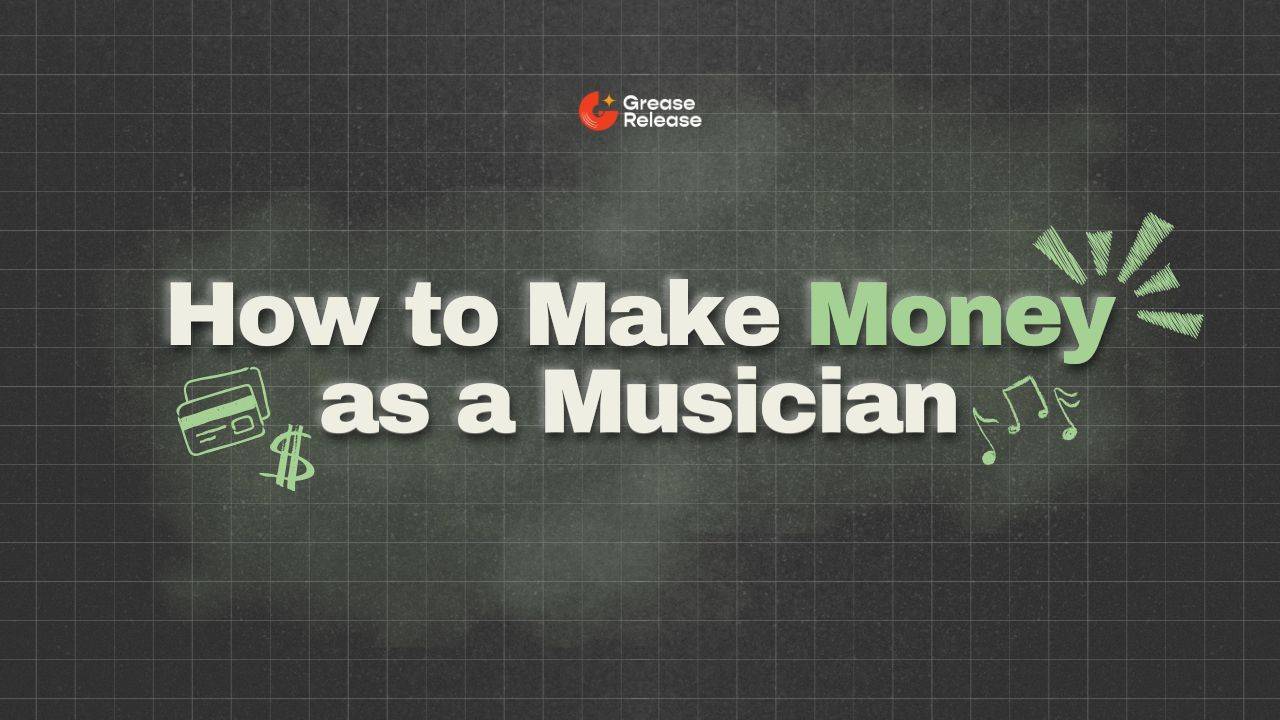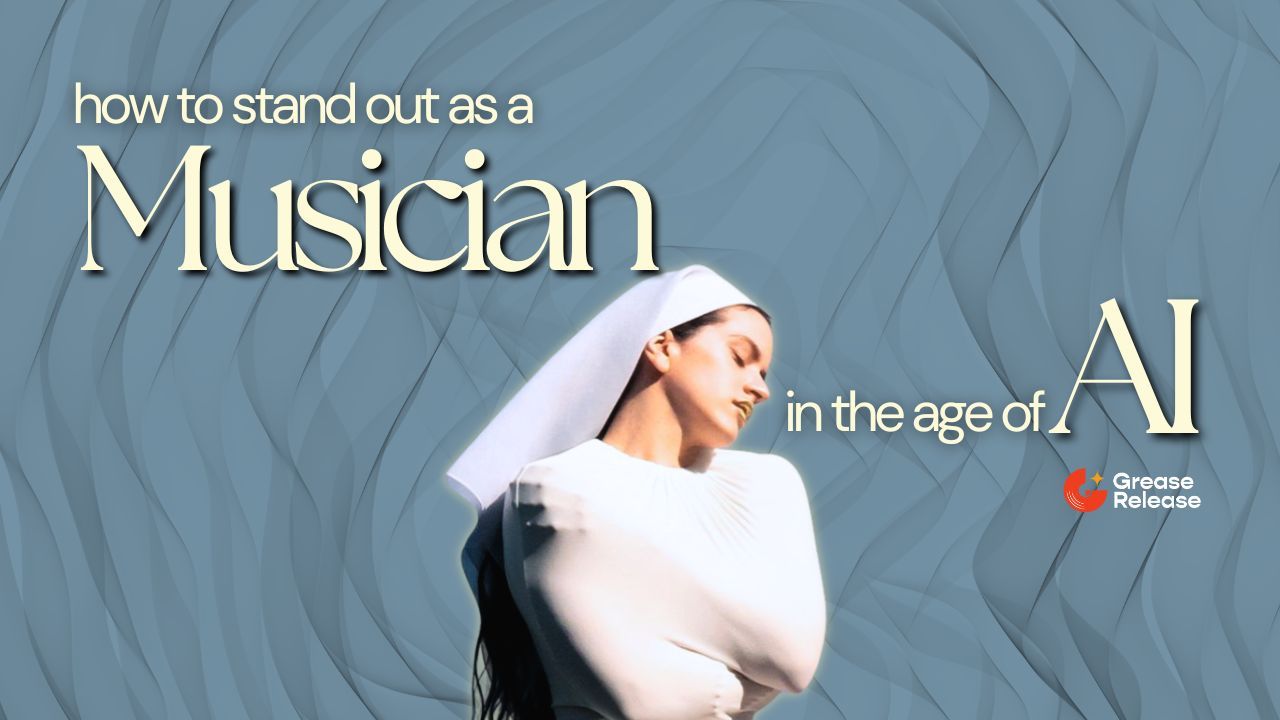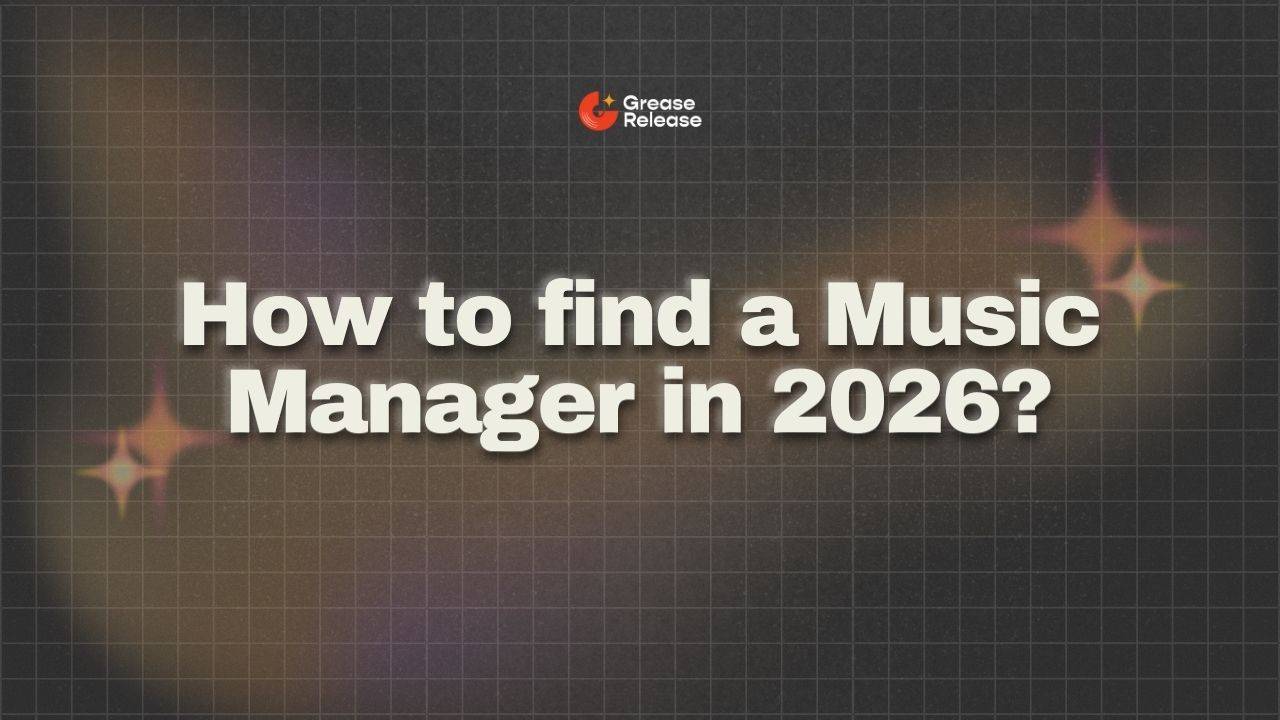
Music Royalties 101: How Mechanical Royalties Work
Oct 10, 2021Mechanical Royalties: Everything You Need To Know
If you are not working as a Music Publisher, it is doubtful that you are claiming all the mechanical royalties that might be owed to you. Mechanical royalties can be extremely confusing for artists, especially those who have just started their careers and monetized their music.
Mechanical royalties can be seen as similar to public performance royalties. Both are money owed to the artist, or more technically, the songwriter and the copyright owners. The money is owed because their musical composition is put to use. But unlike performance royalties, mechanical royalties are generated very differently.
Public performance royalties are associated with the exclusive right of an artist to perform their music on a mass scale. On the other hand, mechanical royalties are a form of compensation given to the songwriter as their composition is reproduced.
In some cases, performance and mechanical royalties can be seen working together, like in streaming. Any time a Spotify user plays a track, the artist receives both types of music royalties. The public performance royalty since the track is not owned by the listener and mechanical royalty as the composition has to be reproduced.
In some specific cases, like on streaming sites that are non-interactive, the composition of a song is not reproduced but broadcasted. Hence, they don’t owe the musicians mechanical royalties.
The world of music royalties can be pretty hard to understand at first glance; hence, here’s all the information you need to know to understand mechanical royalties and then claim them for yourself.
What are Mechanical Royalties?
Mechanical royalties are a type of music royalty typically generated whenever an artist’s musical composition is reproduced. This reproduction can be done digitally or physically through streaming or paid platforms.
In earlier days, when music labels wanted to release an artist’s music for sale, the composition had to be reproduced mechanically, as it had to be printed on vinyl. This is where the name mechanical royalties came to be. Any time the label reproduced the composition, they owed the artist royalties.

But now, music sales have primarily shifted to a digital platform through several streaming sites, like Spotify and iTunes. Mechanical royalties remained, although the method of calculating and distributing them became increasingly complicated.
In short, every time your musical composition is reproduced, the person, label, or company reproducing it owes you money. You are also owed mechanical royalties if someone has made a cover of your song or remixed it.
Who Do The Mechanical Royalties Go To?
Whenever a song is made, it has two sets of copyrights. The first one is for the composition of the song. This includes the harmony, the lyrics, and the melody used in the song, and it belongs to the songwriter. The second copyright refers to the master recording, which is the audio expression of the musical composition.

When a mechanical royalty is generated, it is owed to the composition owners, the songwriters, and the publishers. Generally, the money goes from the owner of the master copyright, usually the music label, to the songwriter. This is done when the label makes physical copies of the song or makes the song available on download-to-own platforms like iTunes.
When the mechanical royalties arrive, they are split between the songwriter and the publisher. The split will be done according to the deal that is made before music is released. In some cases, the songwriters even get up to a 90% cut from the profits. A minimum of 50% is guaranteed to the songwriter and is known as the ‘writer’s share.’ If the songwriter has self-published the song, they receive the entire profit generated from the music royalties.

(Source: https://aristake.com/)
Payment of Mechanical Royalties

The method in which mechanical royalties are paid is generally dependent on how the music is used. Suppose the mechanical royalties are owed because the music was reproduced for physical or digital sales. In that case, the record label pays the royalties to the songwriters and the publishers.
But as the world has technologically progressed, now the majority of mechanical royalties are generated through streaming platforms like Spotify. Hence, these royalties are to be paid by the streaming platform themselves.
Who is paying the royalties?
Each time a song’s composition is reproduced, that is, each time the song is streamed on the platform, the platform owes compensation to the songwriters and the composition owners in the form of mechanical royalties. But it is not as easy. Before the money reaches the publishers and songwriters, it goes through an intermediary system.
Who Collects the Money?
Generally, music royalties, like performance royalties, are collected via PROs. But in the case of digital streaming, mechanical royalties go to several different entities, known as the mechanical royalty collection agencies. Like in the USA, Harry Fox Agency is a company that represents a majority of big music publishers. Hence a large number of royalties go to them. In some other countries, however, like the UK, Germany, and France, only one single body is responsible for the collection of both types of music royalties.

How to Claim Mechanical Royalties?
Claiming mechanical royalties can be a confusing task. Mechanical royalties are paid in several different ways, from many different sources, and once you try to claim royalties for music being reproduced in other countries, it gets only more complex.

Here’s a neat Artist Royalties Flowchart by Ari’s Take:

If you are not getting the mechanical royalties, you are not getting the money you deserve. You have a right to get the money for every time your music is bought or streamed. It might be challenging for an independent songwriter or artist to do it all alone.
This is the part where a music publisher can come handy and help you in claiming the music royalties that are owed to you. Mechanical royalties might only be a small part of a musician’s income, but it is money that is rightfully owed to an artist. You should get a music publisher to help you claim your mechanical royalties.
Remember that all music royalties are made so that an artist has a right over their music, and you should be able to demand the money you deserve. Here’s how you can make passive income from your music.
We at GreaseRelease, have a bunch of curators on our network who are looking for new & exciting music to push on their massive playlists. If you make music and want to reach a wider audience, check out our submission platform and get a chance to reach millions of listeners! Submit your tracks now!
Studies show that 80% of musicians constantly feel overwhelmed and we want to take that load off by helping you stay organized that's why, my team and I created the ProdPro 2.0
The ProdPro 2.0 is the ultimate organization tool built by and for musicians. Click here to learn more.
Don't miss my newsletter!
Join me on a music entrepreneurship journey with new tips and tricks delivered straight to your inbox.
We hate SPAM. We will never sell your information, for any reason.




